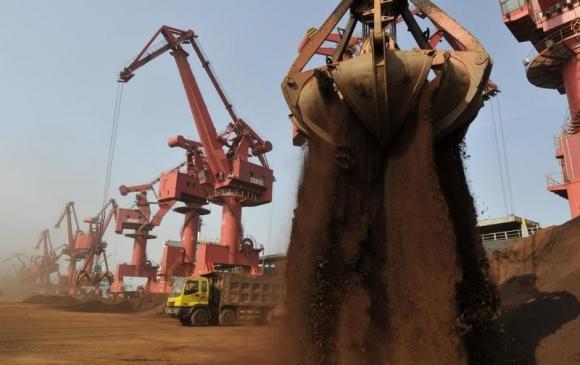Companies and commodity traders have been increasingly complaining about China’s use of non-tariff barriers ranging from customs clearance to quality restrictions to curb raw material imports. As China’s economic growth has slowed, the country is facing a supply glut that has sent domestic prices falling and miners deep into the red. In order to help protect the Chinese commodity market, Beijing has opted for a range of non-tariff barriers to curb imports of cotton, dried grains, corn, but also coal. Last month, the government imposed a 3-6 percent tax on coal imports, hitting $8 billion worth of exports from Australian miners. According to Professor Simon Evenett of Switzerland’s St Gallen University, this is “the first time in recent memory that we are seeing quite a lot of protectionism in China targeting commodities imports”. Prof. Evenett has also noted that “This is a new dimension in Chinese intervention in commodities markets.” With global commodity prices already in tailspin, the increase of protectionism in China jeopardizes already artificially restricted demand.
The new wave of protectionism comes after Beijing has increased its use of an old anti-monopoly law to start investigations that target international companies, such as Volkswagen AG and Microsoft, which triggered off concerns that the government was trying to protect Chinese firms. China’s Premier Li Keqiang has however opposed these allegations saying that the investigations were conducted “transparently and fairly” and were not targeted at foreign businesses. When it comes to coal, Australia has so far managed to mitigate the impact of China’s coal tariffs. Canberra believes that Australia will be granted an exception to the recent protectionist measures thanks to the free trade agreement with China that was signed earlier this week. However, analysts warn that China has still many options to keep foreign supplies at bay.




